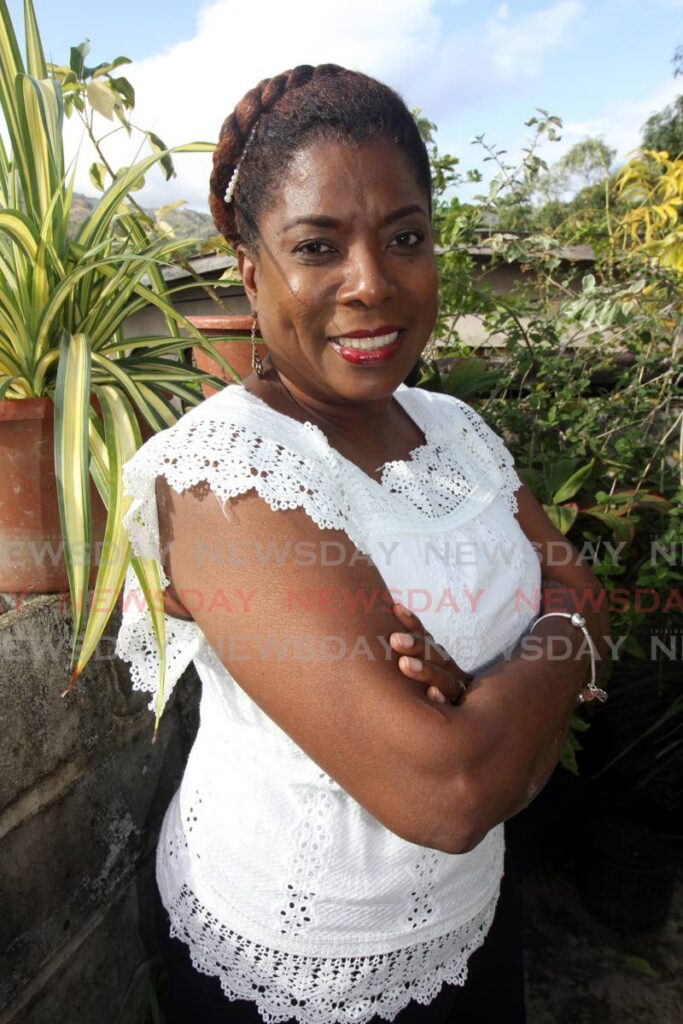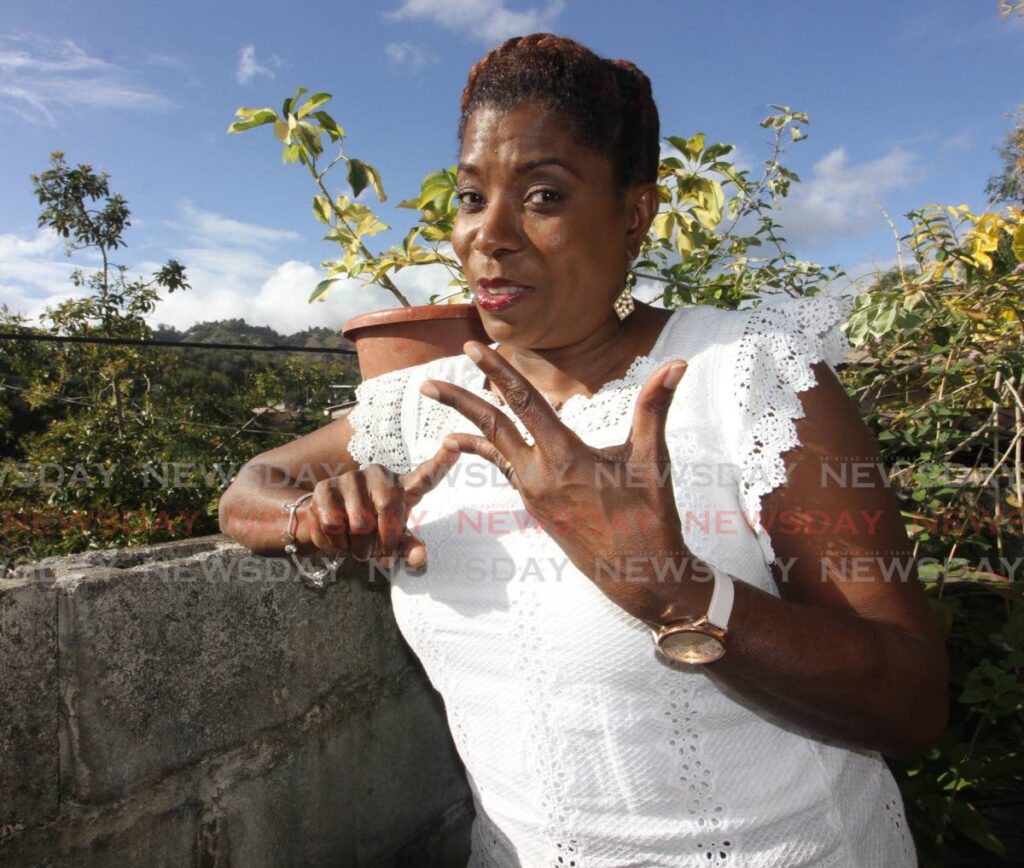Aracelys Diaz de Olivero help bridge language gap for Latinos in Trinidad and Tobago

Aracelys Diaz de Olivero is a freelance Trini-Venezuelan public translator and court interpreter who has become a true support for people who need to be understood.
Born in Caracas, Venezuela in 1964, De Olivero carries both countries in her heart. Her father Jose Guillermo Diaz is a Trinidadian who migrated to Venezuela in the 50s and her mother, Noris Maria Centeno, is Venezuelan.
"My father, being a Trinidadian, went to Venezuela to find a life and there he met my mother. He was a bilingual operator and helped in the airlines, and in the oil industry, always as a translator. I took that example," she said.
At the age of seven, she was brought to TT by her paternal grandmother and attended primary and secondary school.
She recalls that at the age of 11 she discovered her love for translation.
"My grandmother rented rooms to Venezuelan students, so I grew up hearing Spanish at home while doing English at school. Even then I wrote pop songs in English and translated them into Spanish, then sold songbooks to the students," she told WMN.
"I remember I used my bilingual skills to help fill out forms or even read the newspapers to my grandmother, or to anyone who would listen," she said.
After secondary school, she returned to Venezuela and studied tourism and secretarial and office skills. She then began working in Venezuela as a translator in the tourism and oil industry, doing that for over 12 years.
"Returning to Venezuela was a life change for me, I felt very good there, it was another world," she said.
In Venezuela, she met Argenis Olivero, who has been her life partner and with whom she had her three children: Nizay, Elisa and Manuel.
"When I had my children, I thought of them and my life took a new turn towards TT. I thought my eldest daughter would have more opportunities in the future if she learned both languages very well, and although many people told me to stay in Venezuela, I decided to return to TT," she said.
In 2004 De Olivero returned to TT and worked with an airline and that was when she discovered that there was a language gap and an official translation from English-Spanish and vice versa was necessary for many documents and procedures.
"I started studying translation and interpreting formally and did some other legal studies to find out what the role of an interpreter was in courts and other institutions," she said.

Since then, De Olivero became the official translator of the Spanish-speaking community and registered her own company: The Translation Team.
"Since 2018, when the TT government approved work permits for Venezuelans, I have had a lot of work. In fact, I hired several translators who work with me in the translation of documents and other assistance where language is a barrier," said De Olivero.
"I know many people do not have money, especially when there are social, health or legal emergencies and that is where my love for this work prevails; helping those who need a language hand," she said.
De Olivero never thought she would get to the place where she is today.
"I have met many people, I have made very good friends. It is not a conventional job. You always have to maintain your conduct, be honest, partial because you are a bridge to the person who need to be understood," she said.
De Olivero want both Latinos and Trinidadians to learn several languages.
"We should all learn two languages. TT is already in an era of modernisation and the population must go further, adapt to migration because this is here to stay, not only because of Venezuelans, but because of the social conditions of the world," she said.
De Olivero understands being in the middle of both communities (local-Latinos), that Trinidadians should open up the opportunities for mutual advancement a little more.
"There are many Latinos or immigrants in general who have knowledge in many areas that can contribute to the development of this beautiful country," she said.
De Olivero believes the authorities themselves should take the importance of Spanish into account.
"Press conferences, statements, writings and all kinds of informative notices are in English only taking into account a part of the population, but without thinking that there is a community of Venezuelans, Colombians, Cubans, Dominicans among others who need to directly understand these communications," De Olivero said.
She believes with a little more work and a love of learning, language barriers will be overcome for both communities.

Comments
"Aracelys Diaz de Olivero help bridge language gap for Latinos in Trinidad and Tobago"